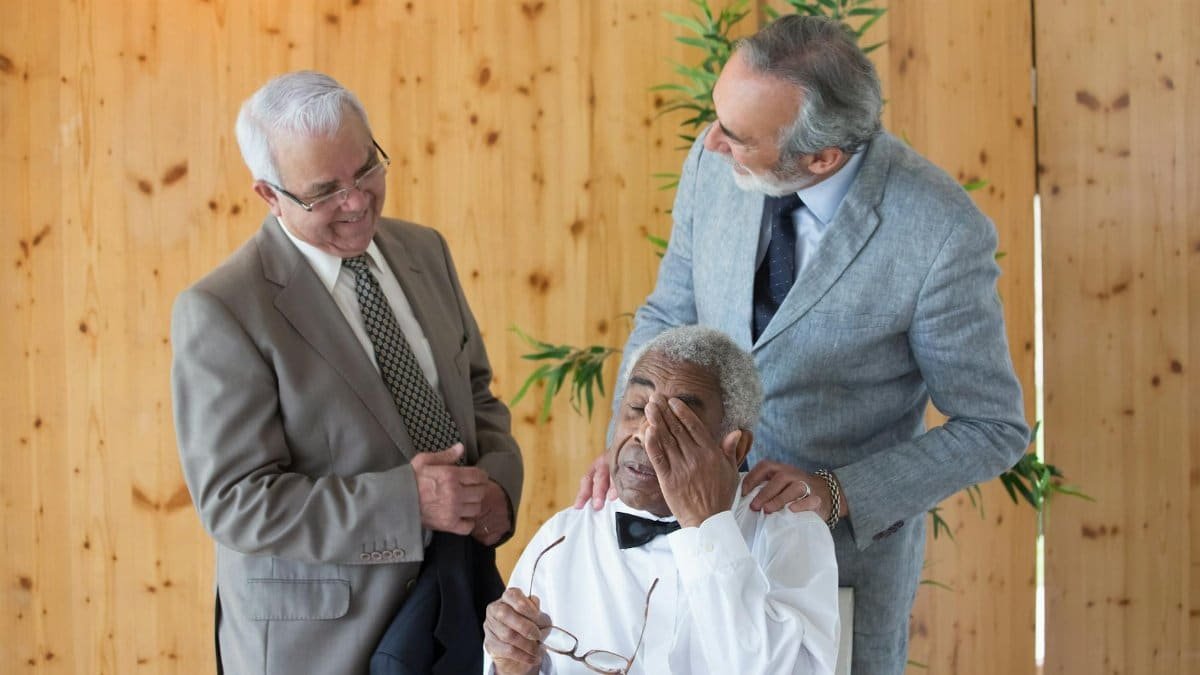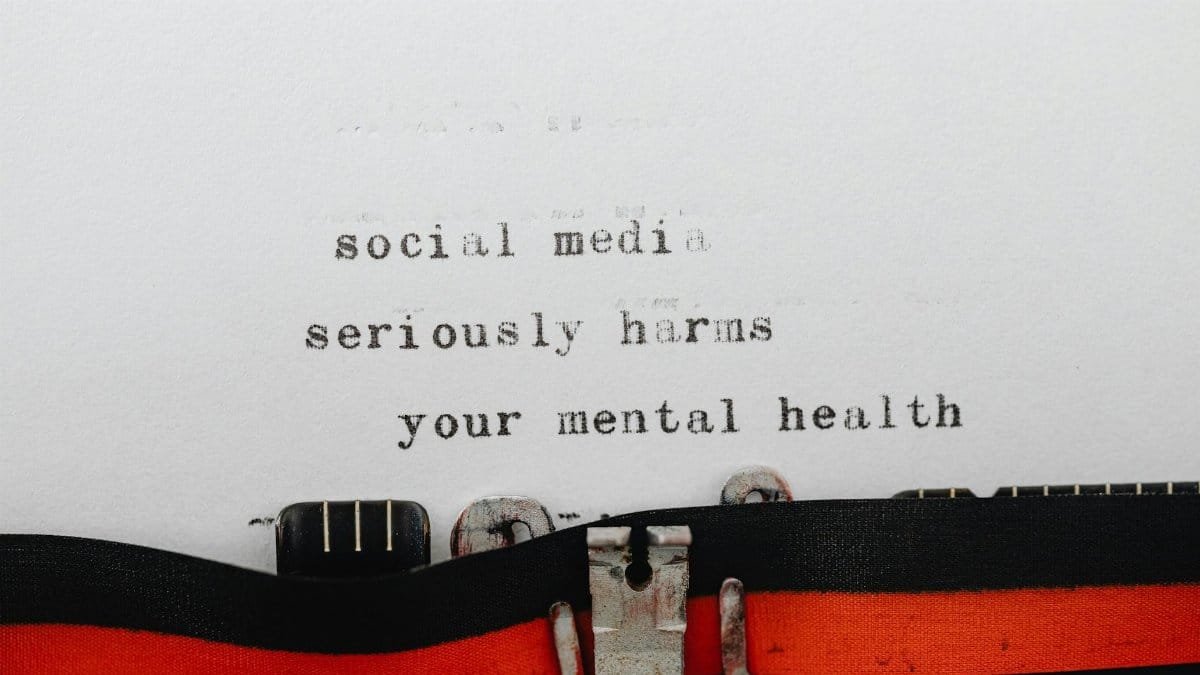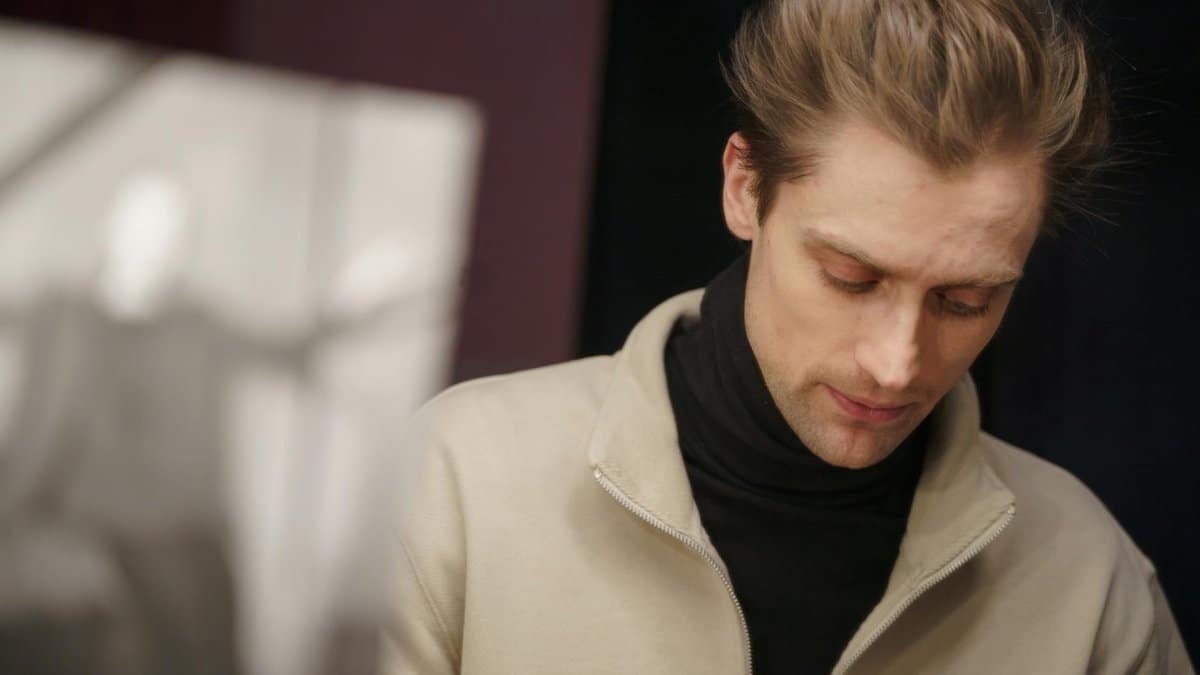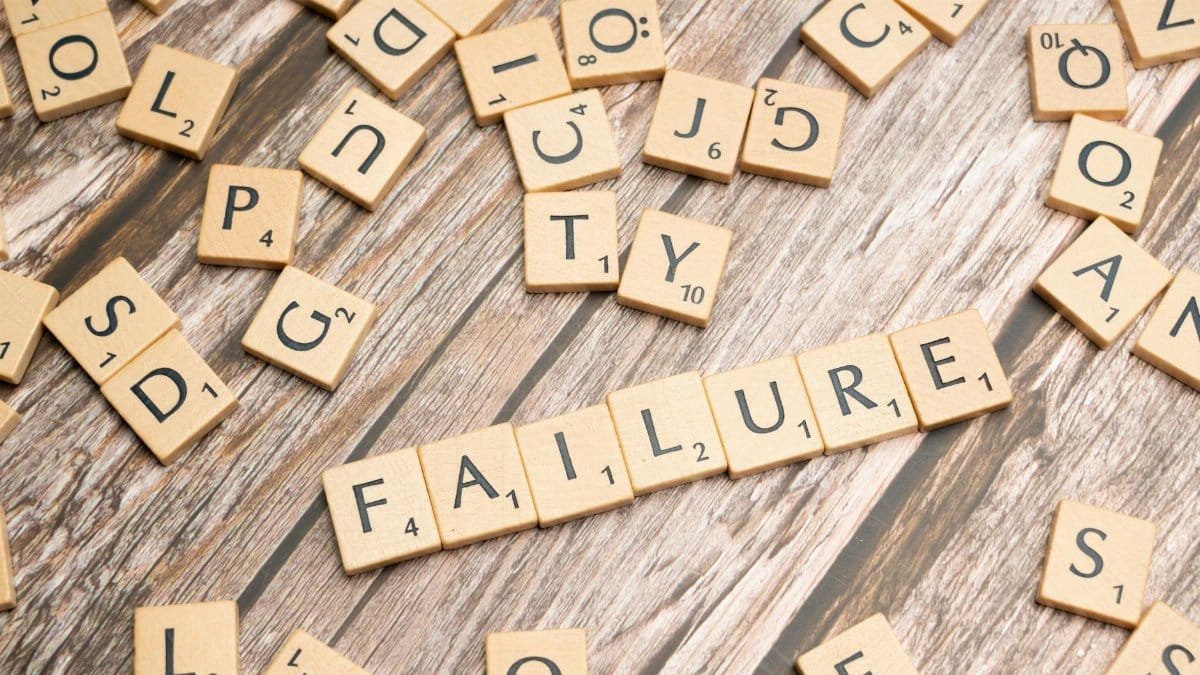In a world where swiping right often leads to emotional whiplash, emotional sobriety is sparking a quiet revolution in how Americans date and commit. Forget the highs of infatuation or the lows of heartbreak— this concept, rooted in self-regulation and inner peace, is helping couples build steadier bonds. As 2025 unfolds, experts say it’s not just about staying sober from substances, but from toxic emotional patterns that sabotage relationships. From therapy sessions to dating apps, it’s reshaping connections nationwide.
What Is Emotional Sobriety?

Emotional sobriety goes beyond abstaining from alcohol or drugs—it’s about managing feelings without letting them run the show. Coined by AA co-founder Bill Wilson, it means staying present and balanced, even when life throws curveballs. In relationships, this translates to responding thoughtfully instead of reacting impulsively. Think of it as emotional maturity on steroids. According to psychologists, it’s key for long-term happiness. A study from the American Psychological Association highlights how emotional regulation strengthens partnerships by reducing conflicts.
Why It’s Gaining Traction in 2025

Post-pandemic, Americans are craving stability amid rising divorce rates and mental health struggles. Emotional sobriety fits the bill, offering tools to navigate anxiety and codependency. Therapists report a surge in clients seeking this approach, with apps like Headspace incorporating related mindfulness practices. It’s not hype—data from the CDC shows marriage rates dipping, pushing people toward healthier dynamics. In relationships, it’s becoming the antidote to ghosting and drama.
Impact on Communication

Picture arguments that don’t escalate into screaming matches. Emotional sobriety encourages clear, calm expression of needs. Couples who practice it listen better and avoid blame games. One expert notes it’s like upgrading from dial-up to fiber-optic empathy. Real talk: It cuts through passive-aggression, fostering trust. In modern dating, where texts can misfire, this skill prevents misunderstandings that doom fledgling romances.
Breaking Free from Codependency

Codependency thrives on emotional highs and lows, but sobriety starves it. By focusing on self-awareness, individuals stop relying on partners for validation. This shift empowers both sides, creating balanced unions. Therapists see it in action—clients report fewer jealousy-fueled fights. It’s practical: Set boundaries, own your feelings, and watch relationships thrive without the emotional rollercoaster.
Challenges in Achieving It

Not everyone’s on board easily. Old habits die hard, especially in a culture hooked on drama via social media. Common pitfalls include slipping into people-pleasing or suppressing emotions instead of processing them. Experts warn it takes work—therapy, journaling, or support groups. But the payoff? Stronger, more resilient bonds that withstand life’s stresses.
Real-Life Examples from Couples

Take Mark and Lisa from Chicago: After years of volatile fights, they embraced emotional sobriety through counseling. “It saved us,” Mark says. “We communicate without the chaos.” Stories like theirs are popping up in relationship podcasts and forums. In New York, a dating coach shares how clients use it to spot red flags early, avoiding toxic entanglements.
Tools and Techniques to Get Started

Start simple: Daily meditation builds awareness. Journal prompts like “What triggered me today?” help unpack emotions. Couples can try “pause and reflect” during disagreements. Books like “Emotional Sobriety” by Tian Dayton offer blueprints. Apps track moods, reinforcing habits. It’s accessible—no fancy degree needed, just commitment.
The Role in Long-Term Commitment

For marriages, emotional sobriety acts as glue. It promotes forgiveness without resentment, keeping intimacy alive. Studies show emotionally stable pairs report higher satisfaction. In 2025, with economic pressures mounting, this inner strength helps couples weather storms together, from job loss to family issues.
Potential Drawbacks and Criticisms

Critics argue it sounds too clinical, potentially stifling passion. Some say it ignores cultural differences in emotional expression. But proponents counter that it’s about balance, not suppression. The key is adapting it personally—overdoing it could lead to emotional detachment, which harms closeness.
Looking Ahead: A Relationship Game-Changer

As awareness spreads, emotional sobriety could redefine love in America. With rising therapy access via telehealth, more will adopt it. Experts predict healthier breakups and stronger pairings. It’s not a cure-all, but in a chaotic dating scene, it’s a solid step toward genuine connection.
